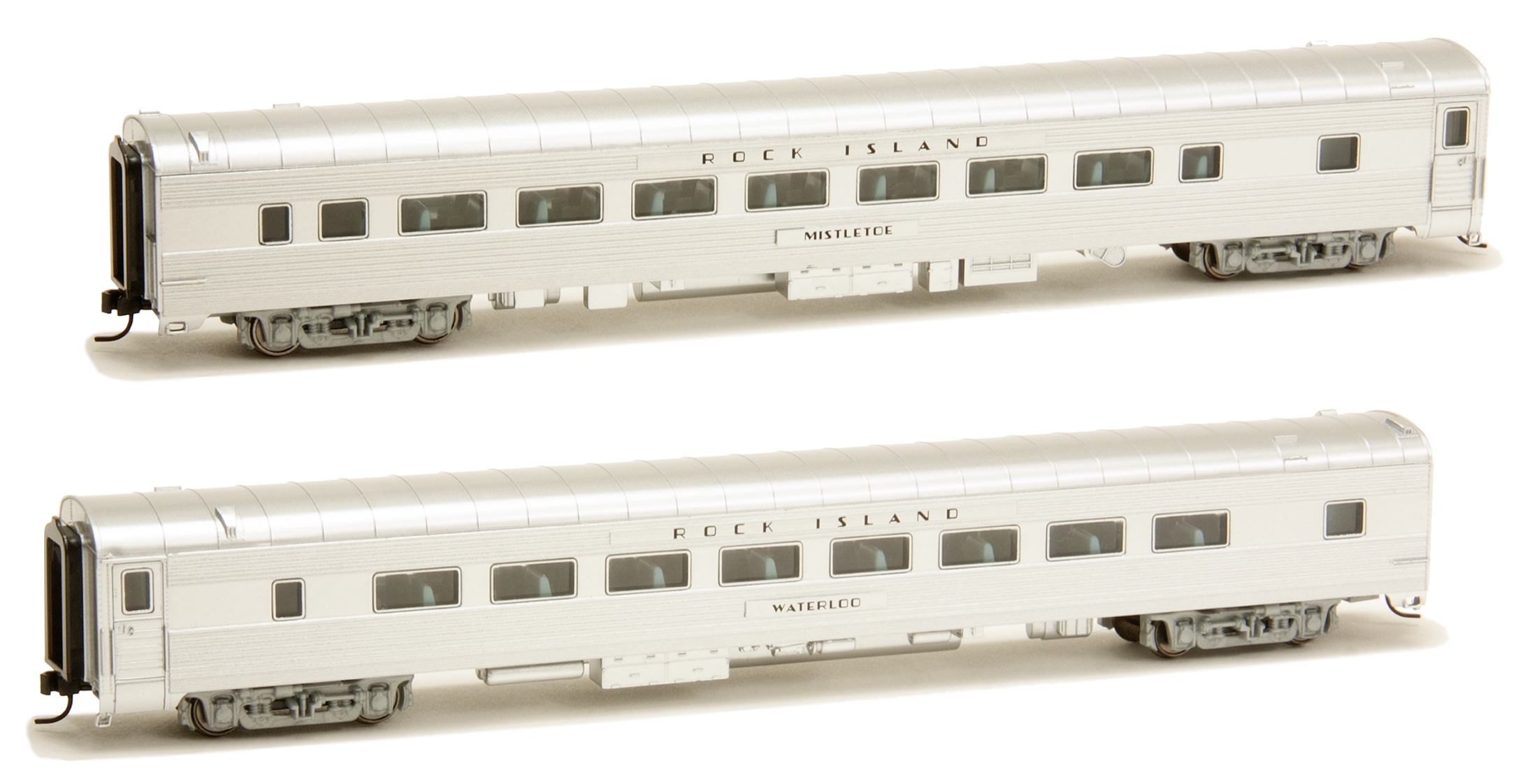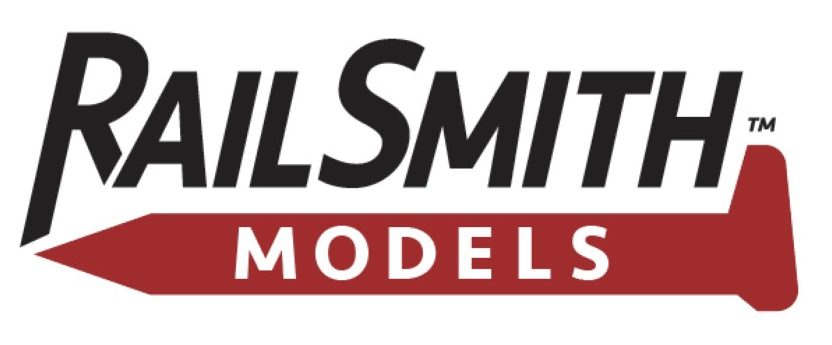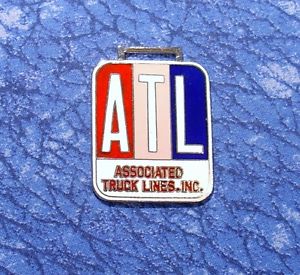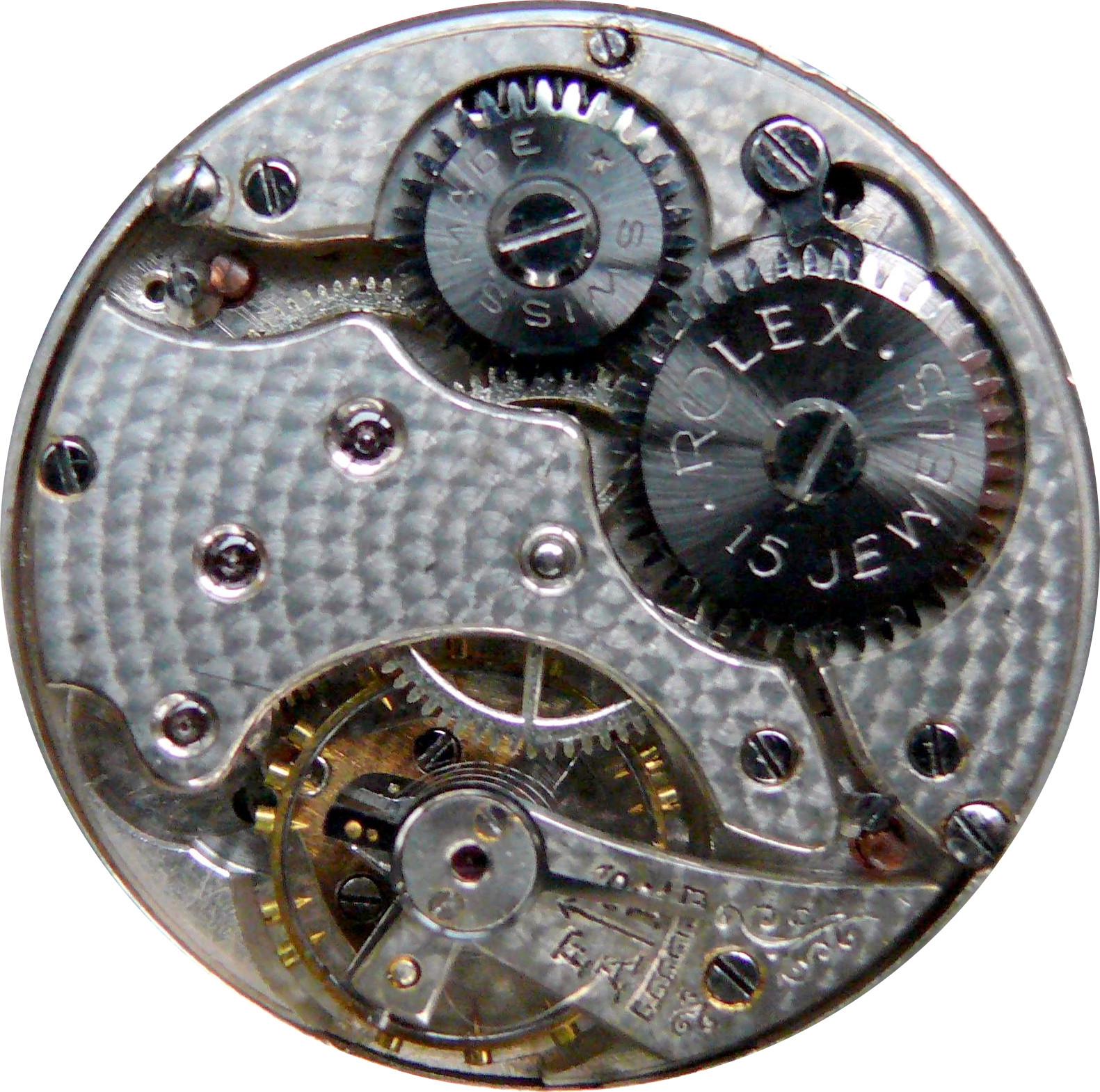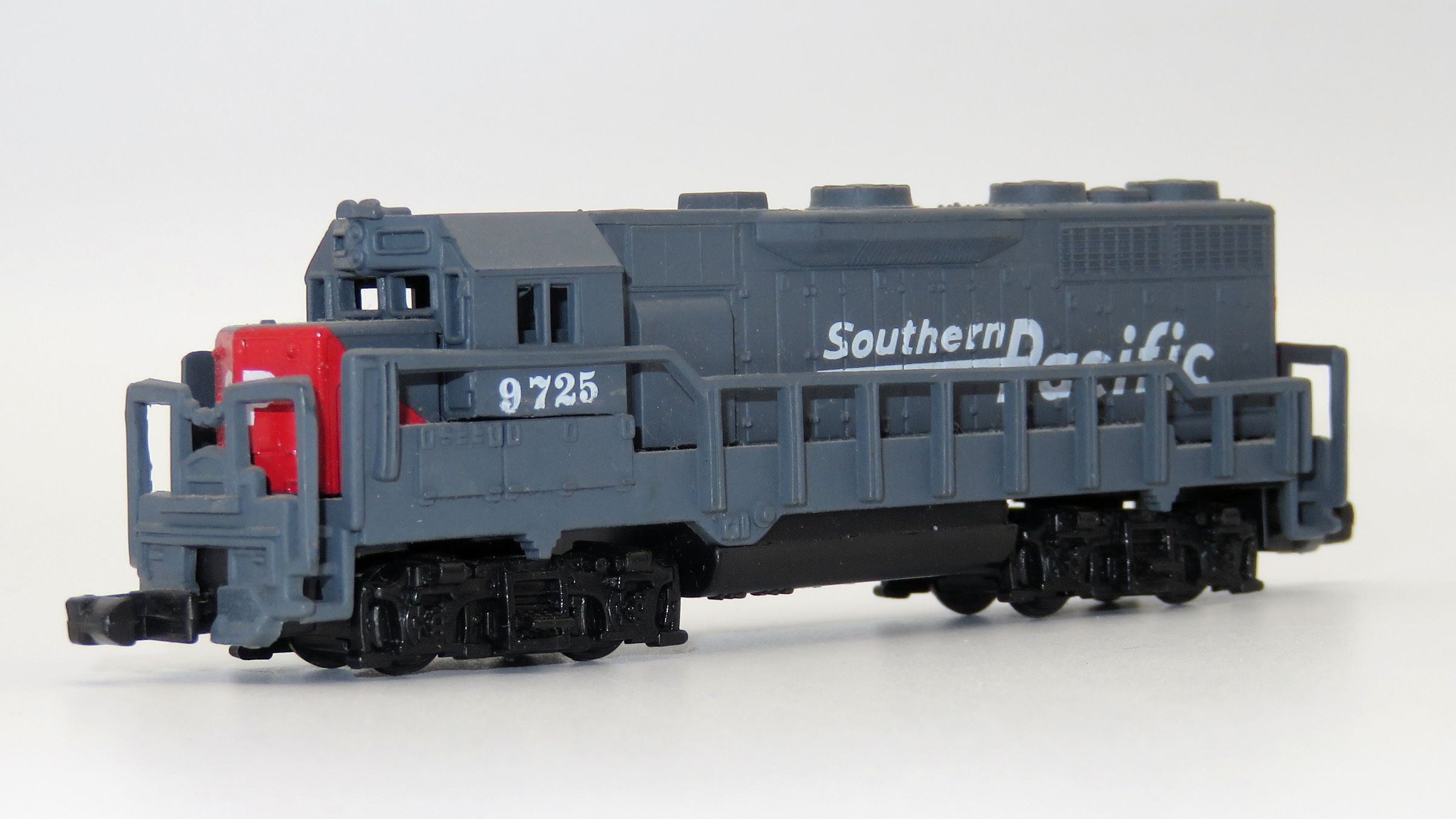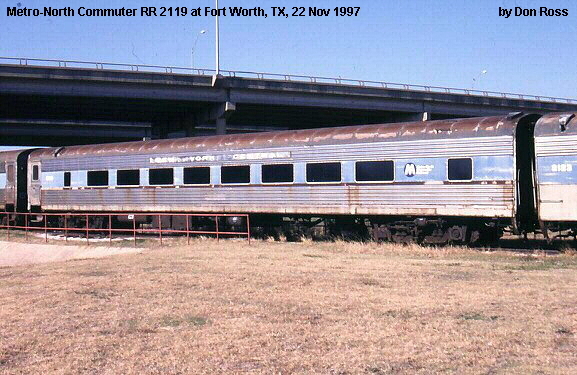Specific Item Information: The Chicago Rock Island & Pacific, or CRIP, ordered four coaches from Pullman-Standard built to Plan 7436, and delivered in late 1940.
All silver, there are two road names in this run, Mistletoe and Waterloo. This selection ‘Rock Island- Coach Pair’ is for two coaches. We are excited to offer these cars that have never been produced in N Scale before.
These are Classic versions of these cars and our first, for the Chicago Rock Island & Pacific!
Model Information: First released in 2009.
- All-New Tooling based on PS Plan #7484
- Prototype Specific Details: With or without Skirts, Corrugated or Smooth Sides as appropriate
- Working diaphragms
- Blackened Metal Wheelsets on correct GSC 41-N style Trucks
- Come with decals permitting multiple car number and names
- Drop-In Lighting Kit will also be available, item #933-1099
Prototype History: With big plans for its post-war streamliner fleet, the New York Central placed an order for 153 coaches with Pullman-Standard in May 1944. Deliveries of the cars (plan #7484) began in February and continued through October of 1946. At the time, this was the largest equipment order delivered within a single year. Although intended for general service, the cars were delivered with fluted sides that would allow them to be used with Budd cars. On delivery, these were truly state-of-the-art coaches, complete with air conditioning, deep reclining seats, individual lighting, large windows, full-width diaphragms and more. These cars led long lives and were later converted for commuter service. Others were acquired by Amtrak(R) in 1971 and continued in service for several years. A few survive today.
The 64 Seat coach from Pullman was designed as a short-haul commuter coach. The cars were built in the late 1940s using lightweight construction technology which significantly reduced their weight when compared to the older pre-war heavyweight cars. This Pullman design featured smooth sides and was purchased in large numbers by the Pennsylvania and New York Central railroads as well as many other roads.
The 64 Seat coach from Pullman was designed as a short-haul commuter coach. The cars were built in the late 1940s using lightweight construction technology which significantly reduced their weight when compared to the older pre-war heavyweight cars. This Pullman design featured smooth sides and was purchased in large numbers by the Pennsylvania and New York Central railroads as well as many other roads.
Road Name History: The Chicago, Rock Island and Pacific Railroad (CRI&P RR) (reporting marks RI, ROCK) was a Class I railroad in the United States. It was better known as the Rock Island Line, or, in its final years, The Rock. At the end of 1970 it operated 7183 miles of road on 10669 miles of track; that year it reported 20557 million ton-miles of revenue freight and 118 million passenger-miles. (Those totals may or may not include the former Burlington-Rock Island Railroad.)
Its predecessor, the Rock Island and La Salle Railroad Company, was incorporated in Illinois on February 27, 1847, and an amended charter was approved on February 7, 1851, as the Chicago and Rock Island Railroad. Construction began October 1, 1851, in Chicago, and the first train was operated on October 10, 1852, between Chicago and Joliet. Construction continued on through La Salle, and Rock Island was reached on February 22, 1854, becoming the first railroad to connect Chicago with the Mississippi River.
In 1980 Rock Island was liquidated. The railroad's locomotives, rail cars, equipment, tracks, and real estate were sold to other railroads or to scrappers. William Gibbons (the trustee) was able to raise more than $500 million in the liquidation, paying off all the railroad's creditors, bondholders and all other debts in full at face value with interest. Henry Crown was ultimately proven correct, as both he and other bondholders who had purchased Rock Island debt for cents on the dollar during the low ebb in prices did especially well.
Read more on Wikipedia and Rock Island Technical Society.
Its predecessor, the Rock Island and La Salle Railroad Company, was incorporated in Illinois on February 27, 1847, and an amended charter was approved on February 7, 1851, as the Chicago and Rock Island Railroad. Construction began October 1, 1851, in Chicago, and the first train was operated on October 10, 1852, between Chicago and Joliet. Construction continued on through La Salle, and Rock Island was reached on February 22, 1854, becoming the first railroad to connect Chicago with the Mississippi River.
In 1980 Rock Island was liquidated. The railroad's locomotives, rail cars, equipment, tracks, and real estate were sold to other railroads or to scrappers. William Gibbons (the trustee) was able to raise more than $500 million in the liquidation, paying off all the railroad's creditors, bondholders and all other debts in full at face value with interest. Henry Crown was ultimately proven correct, as both he and other bondholders who had purchased Rock Island debt for cents on the dollar during the low ebb in prices did especially well.
Read more on Wikipedia and Rock Island Technical Society.
Brand/Importer Information: RailSmith is a brand launched by Lowell Smith in 2019. Lowell acquired the toolings from Walthers.
With each release, RailSmith will bring passenger cars from across the spectrum of North America’s railroads, with the goal of building entire trains over a period-of-time. It is our plan to release cars that might be for a specific train, but you can use these cars as you see fit, as did the railroads.
Production plans are grand, but we believe they are also achievable. We do not have the capabilities to release an entire train at once, but being able to focus on one release (two-or-three cars at a time), we can build a train over time.
With each release, RailSmith will bring passenger cars from across the spectrum of North America’s railroads, with the goal of building entire trains over a period-of-time. It is our plan to release cars that might be for a specific train, but you can use these cars as you see fit, as did the railroads.
Production plans are grand, but we believe they are also achievable. We do not have the capabilities to release an entire train at once, but being able to focus on one release (two-or-three cars at a time), we can build a train over time.
Item created by: CNW400 on 2021-06-22 12:30:09. Last edited by CNW400 on 2021-06-22 12:34:11
If you see errors or missing data in this entry, please feel free to log in and edit it. Anyone with a Gmail account can log in instantly.
If you see errors or missing data in this entry, please feel free to log in and edit it. Anyone with a Gmail account can log in instantly.


